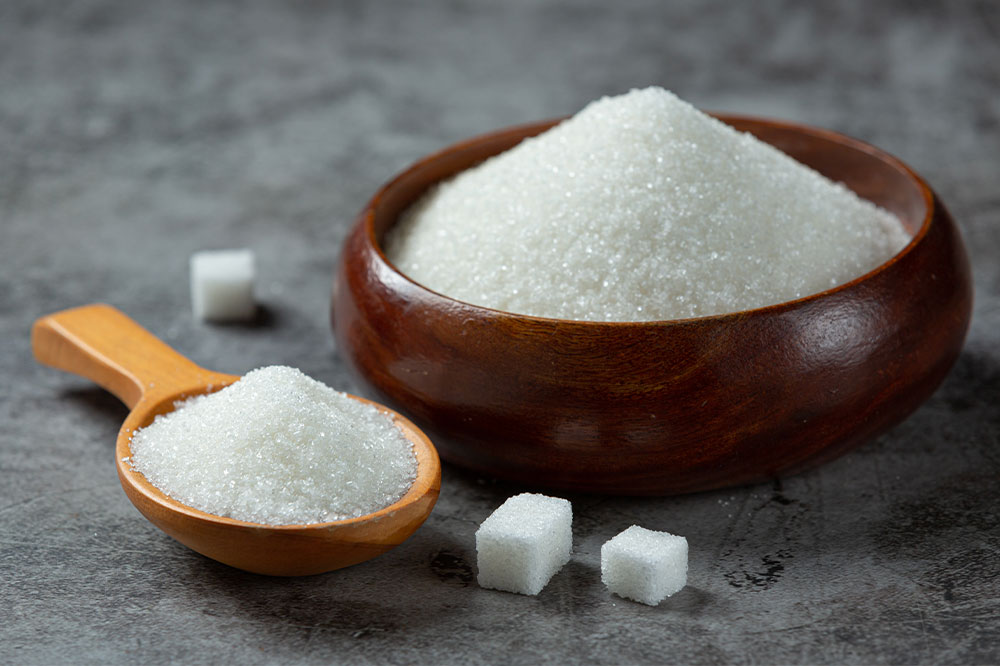Multiple sclerosis – Foods to avoid for better management

Multiple sclerosis is an autoimmune condition where the immune system mistakenly attacks myelin, the protective cover of the nerves. While scientists do not exactly know what causes this disorder, it is often attributed to genetic and environmental factors. Doctor-recommended treatments help control symptoms like vision loss, impaired coordination, and fatigue, but patients must also watch what they eat. Certain foods could trigger the condition or worsen symptoms and should be avoided.
Saturated fats
Foods with saturated fats are said to impact neurological health in the long run. They are often linked to inflammation and high levels of bad cholesterol, which increases the risk of heart attack and stroke. Since people with multiple sclerosis already have a higher risk of cardiovascular problems than others, they should avoid saturated fat as much as possible. This includes unhealthy fats like coconut oil, full-fat dairy, palm oil, and red meat. Instead, one should choose a low-fat nutrition plan to manage the symptoms.
Sugar
An excessive amount of sugar is linked to diabetes, kidney damage, rapid heartbeat, vision problems, and more. It may also contribute to nerve damage, which is already a problem in multiple sclerosis. Excess sugar may cause frequent blood sugar fluctuations, contributing to fatigue, especially in patients with this neurological condition.







